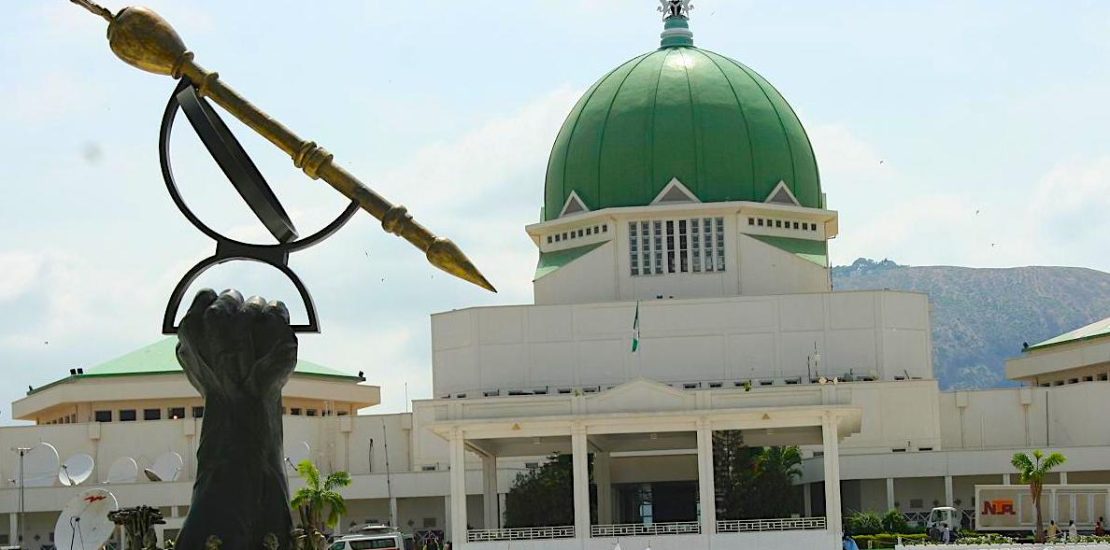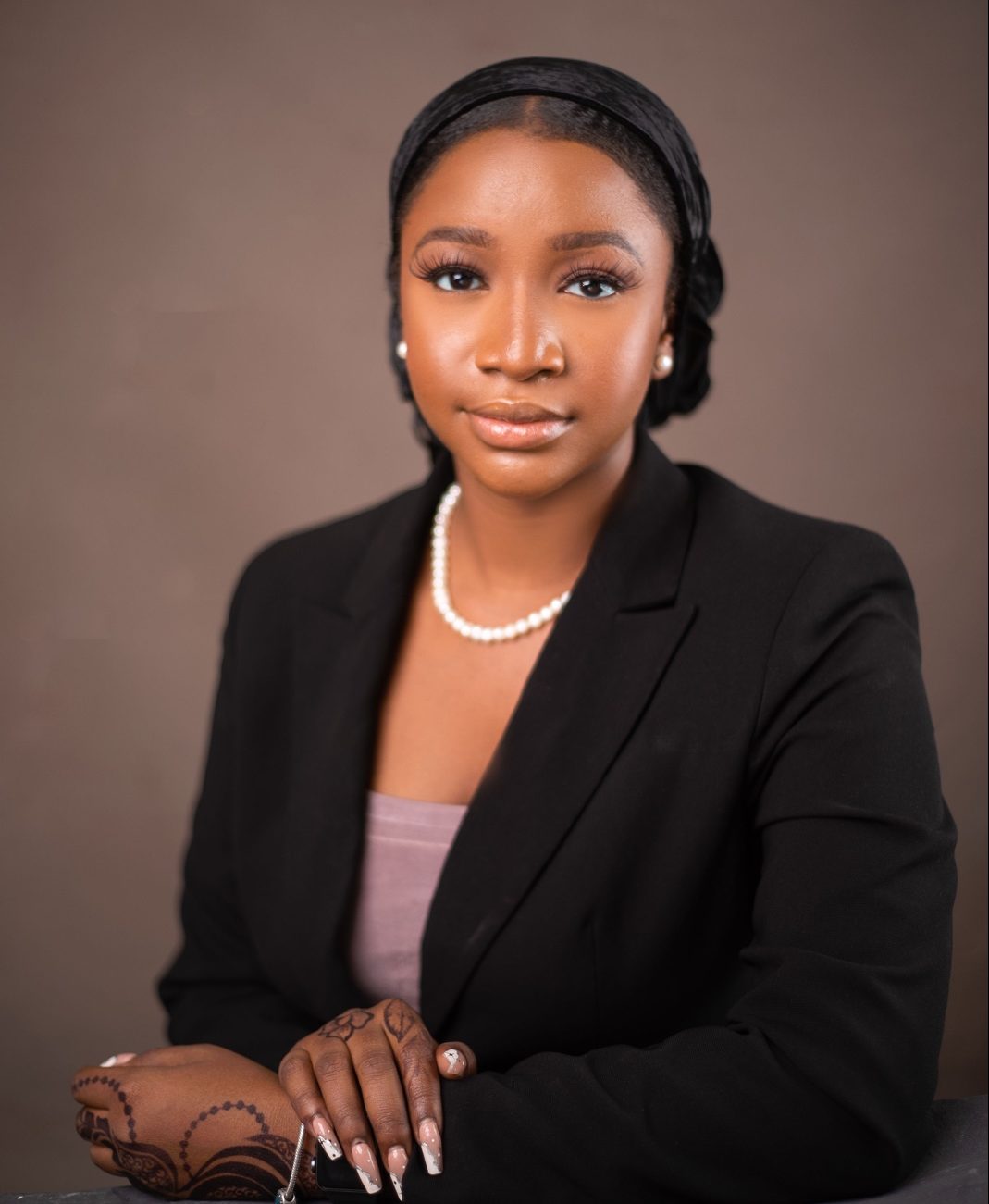- June 12, 2024
- Posted by: Hub Admin
- Categories: Article, Latest News & Events

By Maryam Ibrahim
What is democracy?
The first definition I learned of democracy, like many who went through the Nigerian primary school system 20 years ago, was that it was a government for the people, of the people, and by the people.
Democracy originates from the Greek word “Demokratia,” which is composed of two parts: “Demos,” meaning “people,” and “Kratia,” meaning “rule.” Demokratia described the political system in the ancient Greek city-state of Athens, where power was vested in the people.
Who are the people?
As of 25 years ago, “the people” were the over 119 million Nigerians who dreamed of a country that would finally have room to grow for the people. Today, we are over 200 million citizens housed in a 356,668-square-mile country.
The structure of Nigeria’s democracy allows for a representative government empowered by elections, wherein the head of the government is a president overseeing the executive branch of a three-tier government. Nigeria has a democratic constitution that steers its federal system of governance. This democracy is what Nigerians grudgingly mark today, with some calling for military rule through the gaze of thick nostalgia lenses.
For the military, of the military, and by the military
In opposition to democracy and the ruling dictatorship, Nigeria has seen eight (8) coup attempts and a total of six (6) successful coups. The last coup was led by Sani Abacha in 1993, the same Sani Abacha who dilly-dallied about relinquishing power to give way to democracy until death forced power out of his grip in 1998, giving way for Abdulsalami Abubakar, the then Chief of Defence Staff, to ascend to power and take on the most important task of ushering Nigeria into ‘Democracy.’ The period from 1998 to 1999 was a transitional one for Nigeria. To quote the Observing the 1998–99 Nigeria Elections Final Report (The Carter Center and the National Democratic Institute for International Affairs) verbatim:
“Nigeria’s transition occurred without a constitutional framework or a genuine public debate on the nation’s constitutional future. Lacking a constitution, Nigerians cast their ballots without knowing what powers their elected representatives would have, how various levels or branches of government would interact, how the federal government and the states would share power, or even how long elected officials would serve in office…Throughout the election period, the military government relied on decrees and ad-hoc regulations to guide the transition process.”
This transition saw the emergence of a former military ruler, Olusegun Obasanjo, as president, receiving the baton from Gen. Abdulsalami Abubakar (military ruler).
Even though Nigeria has not demonstrated active symptoms of the coup epidemic in recent years, it is indeed a carrier of military dictatorship, as the foundation of its democracy relies not on the rule of law but on military decrees acted out by a blind public; a tradition that is still prevalent – blind political participation.
The Democratic Ideal of Informed Participation
Regardless of the form democracy takes, the idea that power should flow from the consent of the governed remains an essential feature of this system of government. The beginning of our 25-year democracy did not permit the electorate to build ideologies around their voting or to form guiding principles to move their ballots. Very sadly, that regime persists.
 What next?
What next?
Democracy as it is practiced today is nothing like the democracy the ancient Greeks invented. Did democracy ever exist in Nigeria? For Nigeria to be a truly democratic nation, it must be a citizen-driven nation. The people must be involved in the democratic process, and they can only be involved if they are informed.
We must not accept the fatality our history offers but strive for the freedom of our country by empowering citizens through education, promoting critical thinking, and fostering a culture of civic engagement. By demanding transparency and accountability from our leaders and actively participating in the democratic process, we can build a stronger democracy that truly reflects the will of the people.
Maryam Ibrahim is a development lawyer and researcher with over six years of experience specialising in women’s and children’s rights, criminal justice, and climate justice. She is presently a Programme Officer at Law Hub Development and Advocacy Centre.
